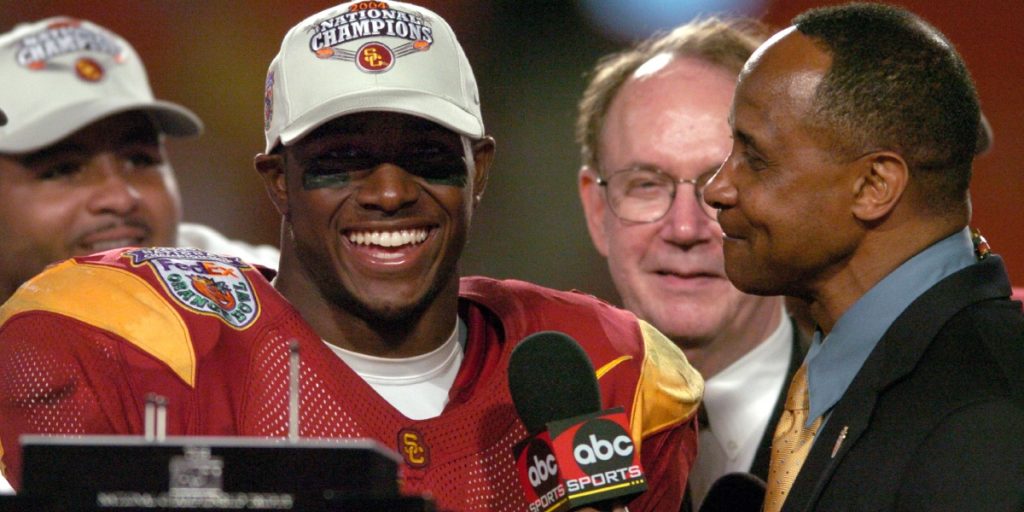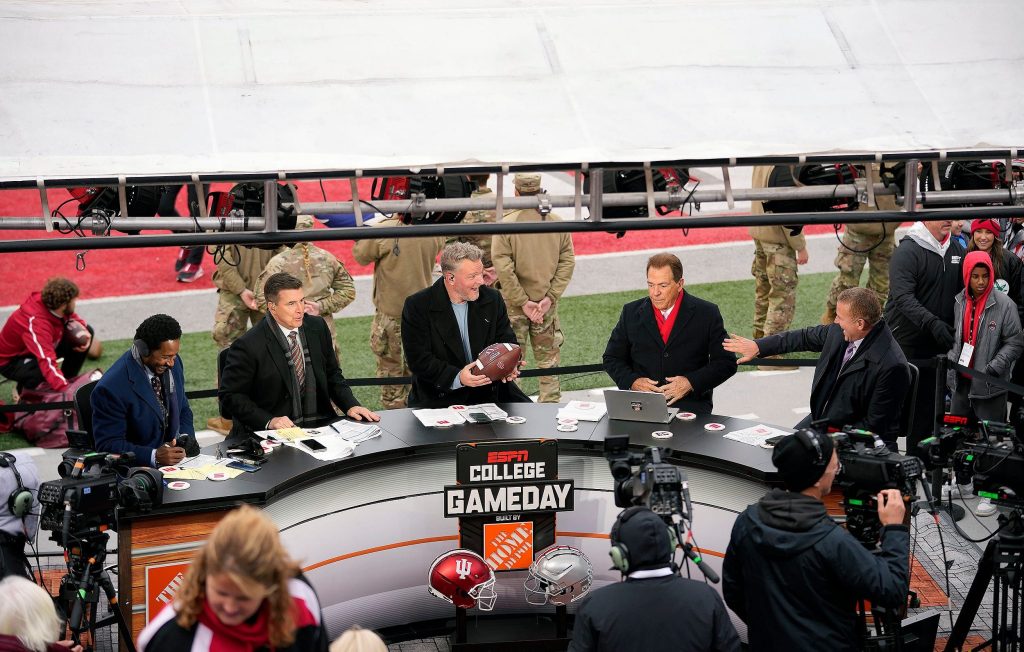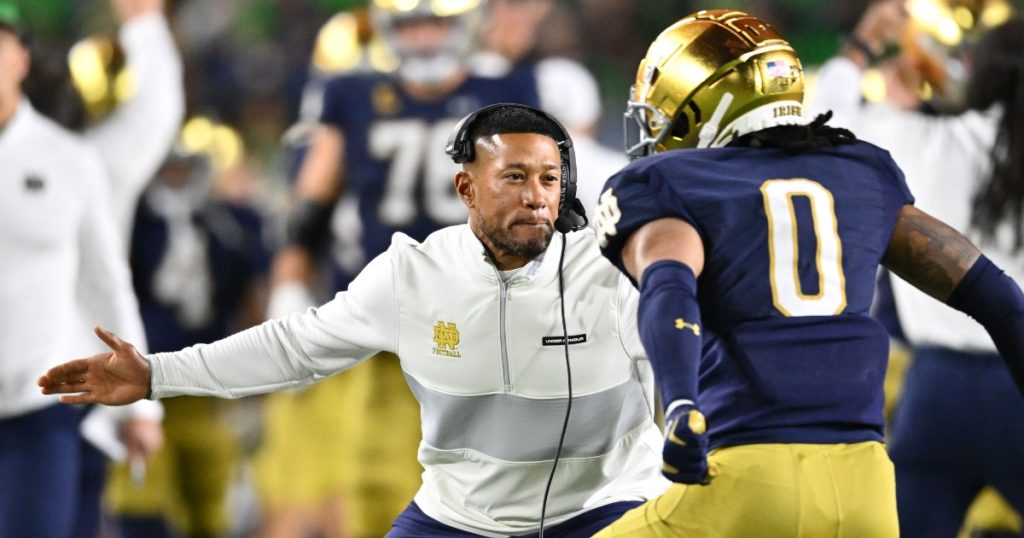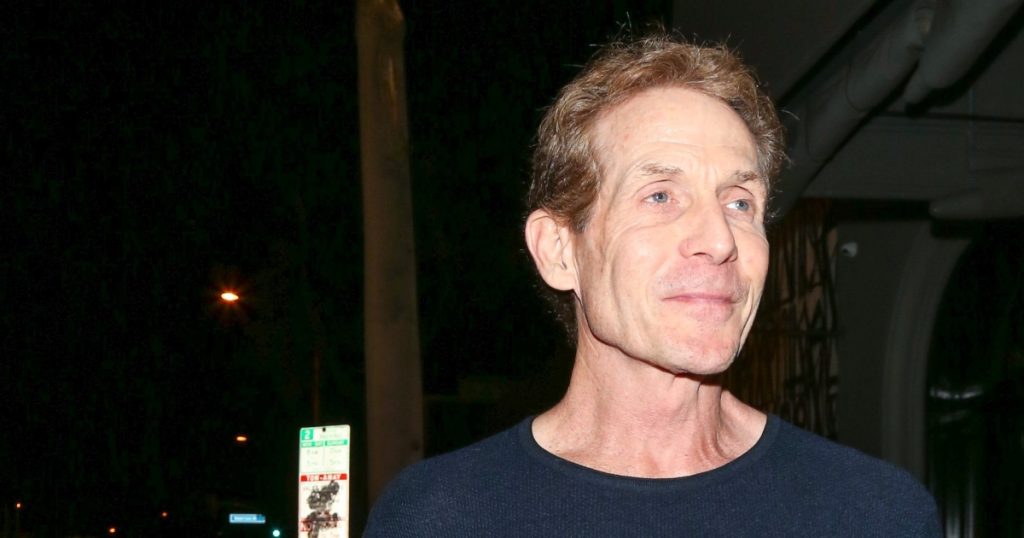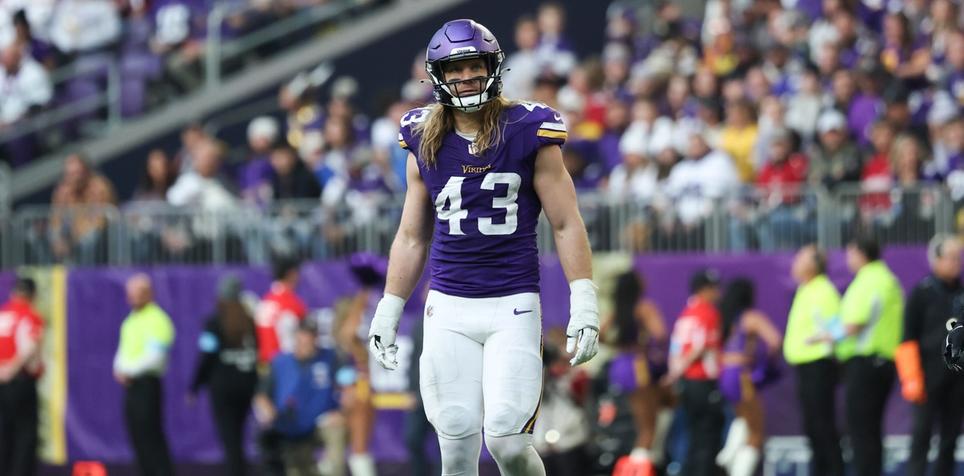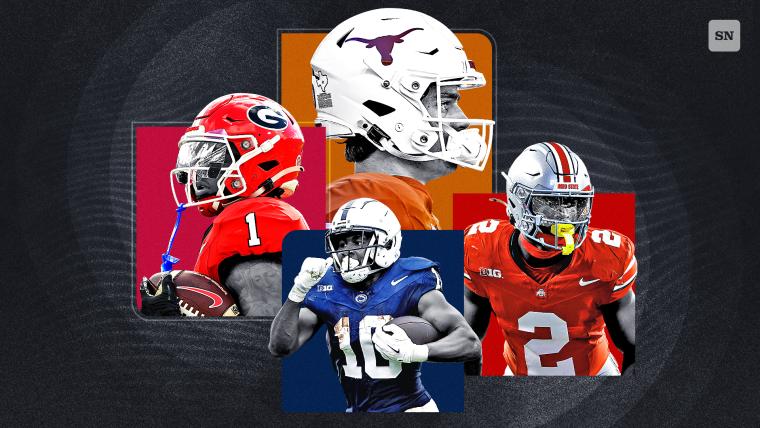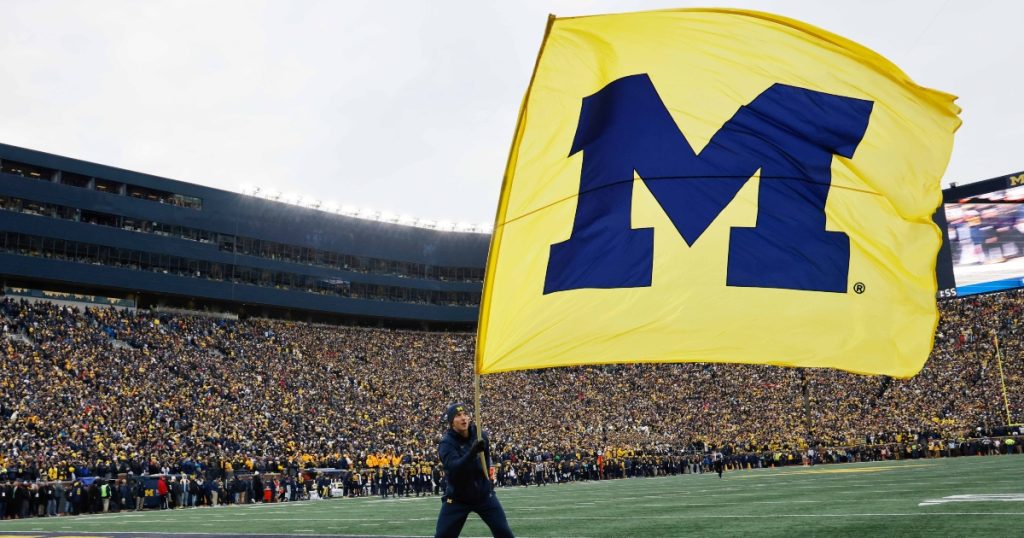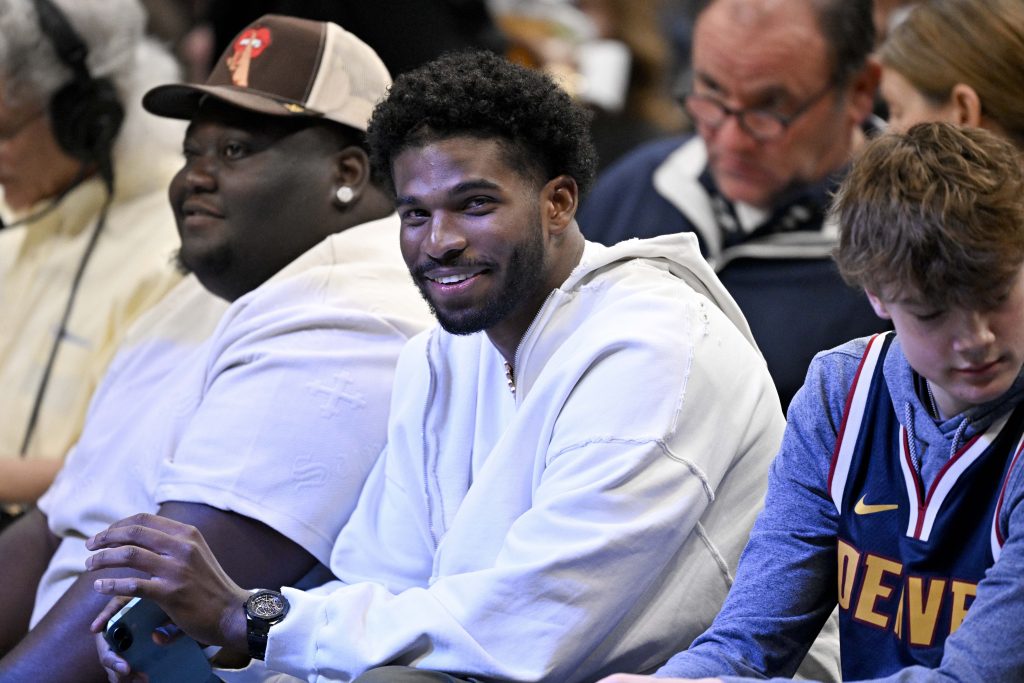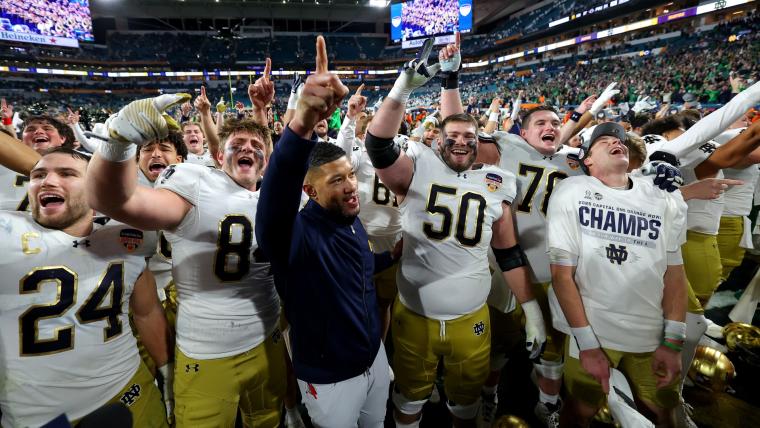It’s been two decades since the USC Trojans showcased their dominance in college football, finishing an undefeated 12-0 season with a stunning 55-19 victory over Oklahoma to claim the 2004 BCS National Championship. This remarkable achievement is etched in the annals of college sports history, but the glory was short-lived. Just five years later, the NCAA stripped USC of its entire 2004 season, including the celebrated 2005 Orange Bowl win, due to the ineligibility of star running back Reggie Bush for receiving improper benefits. Ironically, the very benefits that led to this punishment are now legal under the current name, image, and likeness (NIL) regulations.
Reggie Bush’s Fight for Justice
After successfully petitioning the Heisman Trust to restore his stripped 2005 Heisman Trophy last year, Bush is now “extremely optimistic” about the outcome of his 2023 defamation lawsuit against the NCAA. This lawsuit centers on the NCAA’s characterization of his benefits as “pay-for-play,” a term he argues is misleading and unjust. Bush believes that a favorable ruling could lead to the reinstatement of all vacated wins and the return of rescinded awards, including the coveted 2005 BCS National Championship trophy.
“I’m extremely optimistic,” Bush shared with The Sporting Tribune. “I’m the one that’s out here still fighting the fight in trying to make sure that everything is restored, not only to me, but to USC as well.” His passion for justice is palpable. “With the return of the Heisman Trophy, the return of our national championship should have been part of that as well. But, for whatever reason, this is something that I’m still having to fight over, but I’m not going to give up until we get everything back.”
Bush’s commitment to his teammates is unwavering. “I made that promise to my teammates when they came to support me at the College Football Hall of Fame induction. Those are my brothers, and I still want to honor them through going and getting our national championship back, which should have never been taken away from us to begin with. We deserve our place in history and to be recognized as one of the greatest teams ever to come through college football.”
The Impact of NCAA Sanctions
The NCAA’s decision to impose major sanctions on the USC football and men’s basketball programs in 2010 stemmed from a multi-year investigation into illegal benefits provided to Bush and former Trojans basketball star OJ Mayo. The investigation was triggered by a cooperating sports agent who sued Bush and his family for nearly $300,000 in cash and gifts in 2007. This scandal not only tarnished the legacy of a storied program but also left a lasting impact on the athletes involved.
In light of the new NIL rules that emerged in 2021, Bush has been a vocal advocate for the full reinstatement of all vacated awards and records. Despite the NCAA’s statement in July 2021, which indicated it would not re-evaluate previous infractions, Bush remains undeterred. The NCAA’s assertion that updated NIL rules still prohibit “pay-for-play” arrangements suggests that Bush’s benefits were still deemed illegal, fueling his defamation lawsuit against the organization.
Reggie Bush’s NIL Lawsuit
In a bold move, former USC star running back Reggie Bush has filed a lawsuit against USC, the Pac-12 Conference, and the NCAA, seeking compensation for the use of his name, image, and likeness without permission. This legal action underscores the evolving landscape of college athletics, where athletes are now demanding recognition and compensation for their contributions.
Bush’s Heisman Trophy was reinstated this past April, a significant milestone after he forfeited it in 2010 due to the NCAA sanctions. With the changing dynamics of college sports, he is now pursuing NIL compensation, arguing that he should be compensated for the revenue he generated for USC, the Pac-12, and the NCAA through television contracts, merchandise sales, and media rights. Notably, he never received any financial compensation from USC during his playing days.
“This case is not just about seeking justice for Reggie Bush,” said Evan Selik, one of Bush’s attorneys. “It’s about setting a precedent for the fair treatment of all college athletes. Our goal is to rectify this injustice and pave the way for a system where athletes are rightfully recognized, compensated, and treated fairly for their contributions.”
The Future of College Athletics
Bush’s lawsuit comes at a pivotal time as the NCAA grapples with the ongoing House v. NCAA case, which, if settled, could dramatically reshape college athletics. The proposed settlement would allow schools to share between $20 to $23 million annually with athletes, and approximately $2.77 billion in back damages would be distributed to former athletes for lost revenue sharing and NIL opportunities. Athletes eligible for competition from June 15, 2016, through September 15, 2024, would be entitled to these payments.
As the landscape of college football continues to evolve, the outcome of Bush’s lawsuit could have far-reaching implications not just for him, but for all college athletes seeking recognition and compensation. Will this be the turning point that restores the legacy of the USC Trojans and sets a new standard for fairness in college sports? Only time will tell, but one thing is certain: Reggie Bush’s fight is far from over, and his determination is an inspiration for athletes everywhere.

